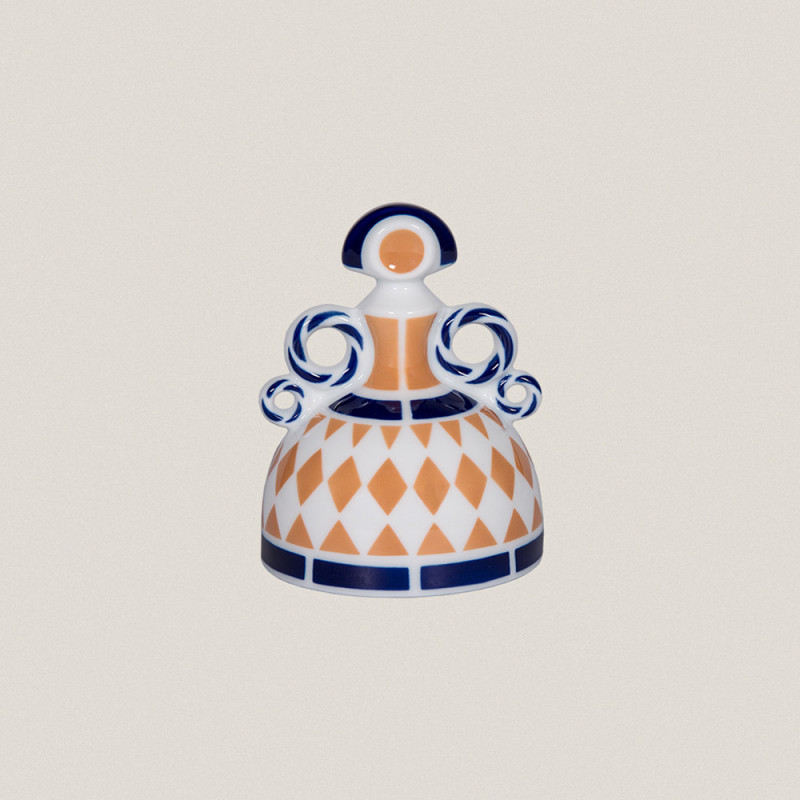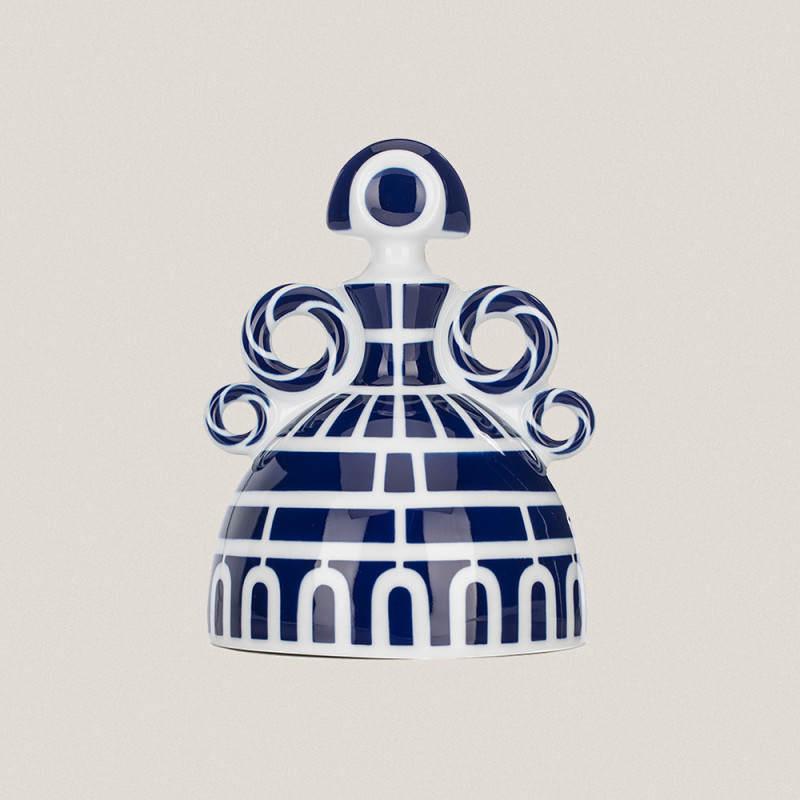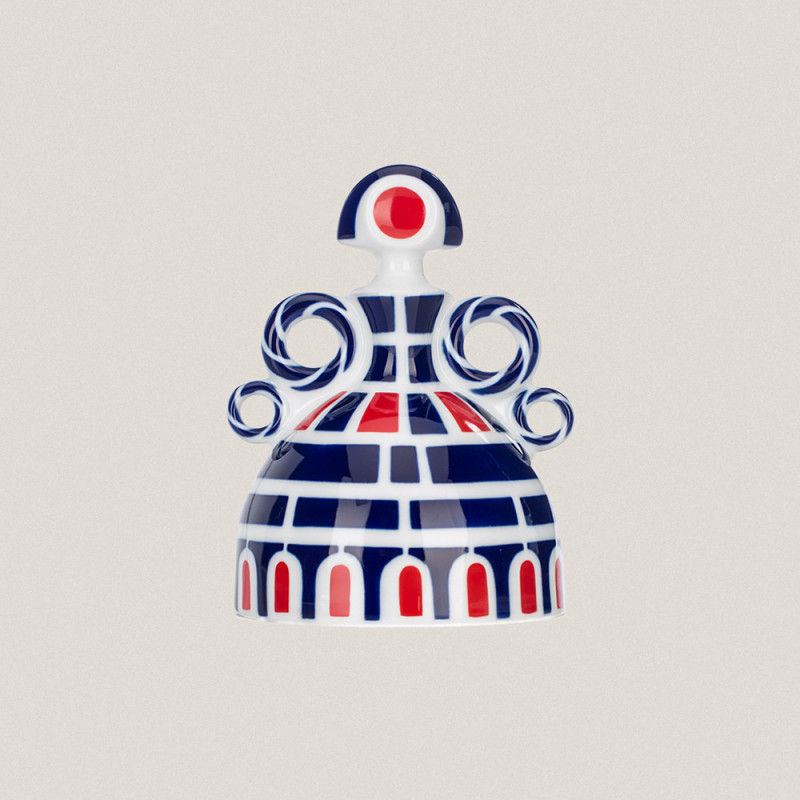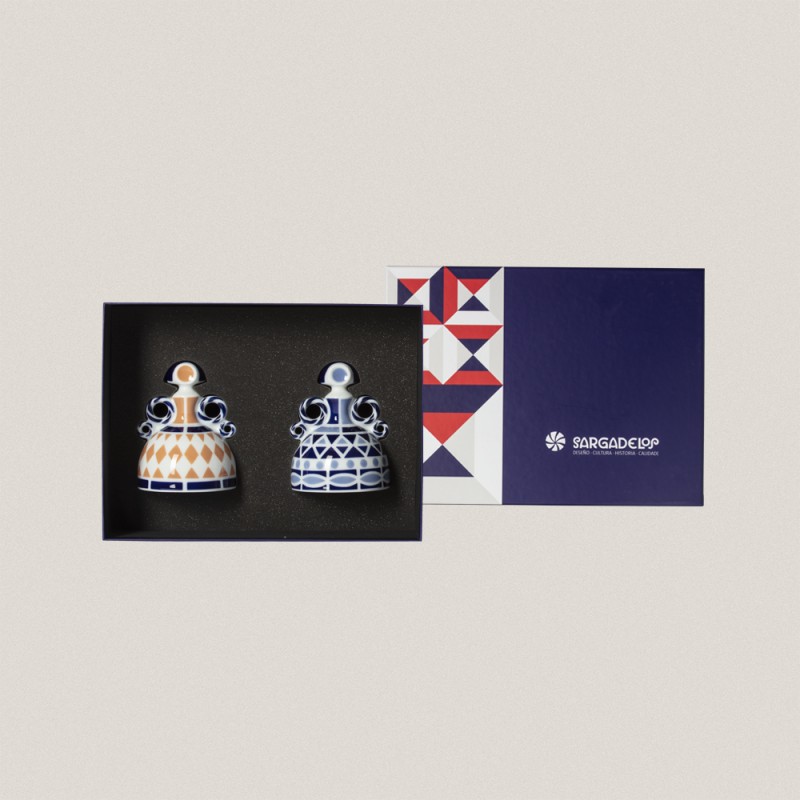Small Orange Menina
Ref: 05011081
Description:
Continuation of the collection "Meninas" of Sargadelos.
Measures:
Height: 11,5 cm
Material: Porcelain
Care: Clean with a soft damp cloth.
Continuation of the collection "Meninas" of Sargadelos.
Measures:
Height: 11,5 cm
Material: Porcelain
Care: Clean with a soft damp cloth.
Small Orange Menina
Ref: 05011081
€38.00
Tax included
Sargadelos, through his ceramics, reinterprets this figure in homage to Velázquez's best-known work, Las Meninas.









